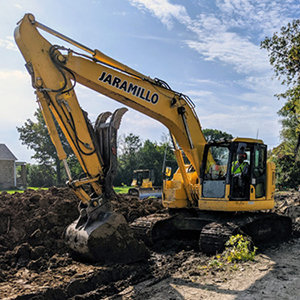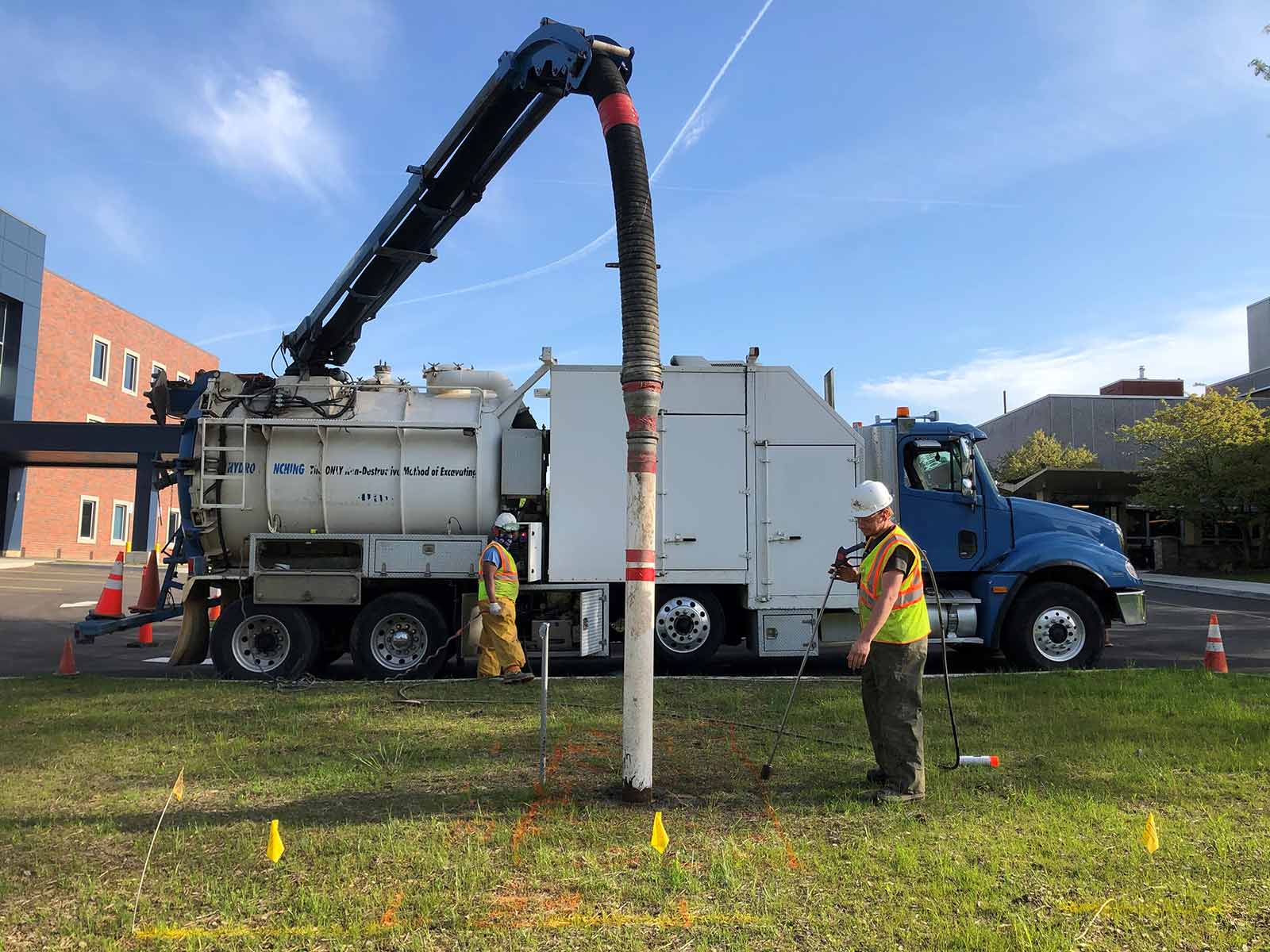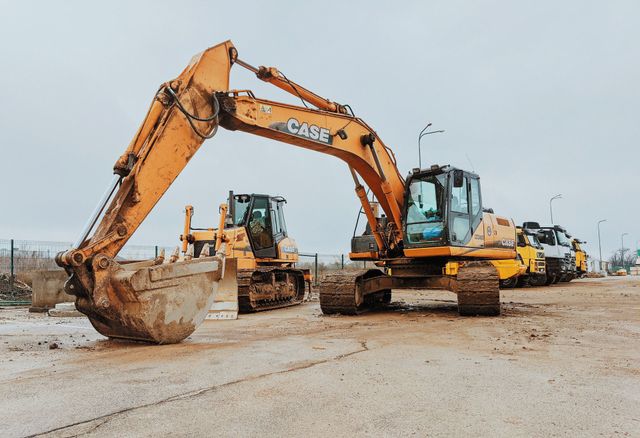Dump Truck Companies in Ohio - Reliable Dump Truck Solutions Throughout Ohio
Dump Truck Companies in Ohio - Reliable Dump Truck Solutions Throughout Ohio
Blog Article
Comprehensive Excavation Techniques: Mastering the Fundamentals for Success
In the world of building and civil design, the significance of effective excavation techniques can not be overemphasized. The cautious planning, exact implementation, and careful attention to detail required in excavation tasks demand a comprehensive approach that encompasses various essential aspects. From preliminary soil analysis to the application of security procedures and normal progress monitoring, grasping these core elements is vital for accomplishing success in any kind of excavation venture. Nonetheless, real proficiency exists not simply in understanding these principles however in effortlessly integrating them to navigate the intricacies of excavation tasks with skill.
Comprehending Excavation Task Planning

Effective excavation projects are developed on the structure of complete and meticulous preparation. The first stage of any excavation project is the drawing board, where crucial choices are made that can significantly affect the outcome of the task. Throughout this stage, it is important to collect all relevant details about the website, including topographical surveys, soil make-up, and any type of prospective threats that might exist. Recognizing the task budget plan, extent, and timeline constraints is critical for producing a comprehensive excavation strategy that guarantees the project's success.
One key element of excavation job planning is the growth of a thorough timeline that describes the sequence of turning points, activities, and deadlines. By carefully taking into consideration all these factors throughout the preparation stage, excavation jobs can be carried out effectively and effectively, leading to successful results - septic ohio.
Dirt Evaluation and Website Examination
Performing complete soil evaluation and website examination is an essential action in the preparation phase of any excavation job. Soil analysis includes determining the composition, framework, and properties of the dirt at the excavation website. This details is crucial for understanding the dirt's bearing capacity, dampness web content, and potential for disintegration, which are essential variables in determining the excavation approaches and tools needed for the job.
Site examination surpasses dirt evaluation and encompasses a wider assessment of the total site problems. This examination consists of identifying any prospective threats, such as underground utilities, ecological worries, or unstable terrain, that can influence the excavation process. By extensively assessing the site, task managers can develop effective excavation approaches that prioritize safety, performance, and ecological defense.
Making use of sophisticated modern technologies like ground-penetrating radar, soil sampling, and drone surveys can enhance the accuracy and effectiveness of dirt analysis and website examination. Investing time and sources in these initial steps can inevitably save time and prevent costly hold-ups or issues throughout the excavation process.
Tools Option and Utilization
Reliable excavation tasks depend greatly on critical devices option and use to guarantee ideal efficiency and performance. Selecting the best equipment for the job is critical in taking full advantage of performance and reducing downtime. Factors such as the kind of soil, deepness of excavation, and task extent play a considerable function in determining the most ideal tools for the task available.

Along with picking the appropriate tools, correct usage is crucial to job success. Operators has to be educated to manage the tools safely and efficiently - septic ohio. Normal maintenance checks and timely helpful site repairs help avoid failures and ensure constant efficiency throughout the task
Security Procedures and Regulations Compliance
In the world of excavation projects, prioritizing safety and security actions and compliance with guidelines is critical to ensuring a protected and lawfully sound functional environment. Security actions encompass a series of methods, including performing comprehensive site assessments, implementing appropriate signage and barriers, and providing adequate safety training for all personnel included in the excavation process. Adherence to regulations, such as OSHA discover this info here demands in the USA, guarantees that the excavation job satisfies the necessary requirements to safeguard employees, bystanders, and the surrounding setting.

Tracking Development and Adjusting Strategies
Just how can forecast supervisors successfully track the innovation of excavation jobs and adjust their techniques appropriately to maximize end results? Surveillance progress is vital for making certain that excavation projects remain on track and fulfill deadlines. Job supervisors can use numerous devices and methods to track development, such as daily development records, routine site examinations, and advanced monitoring technologies like drones and GPS tracking systems. By constantly keeping an eye on the project's development, supervisors can recognize any kind of potential delays or problems at an early stage and take aggressive procedures to resolve them.

Conclusion
Finally, understanding the fundamentals of comprehensive excavation methods is essential for the success of any task. By recognizing job planning, analyzing soil and site conditions, picking appropriate tools, following security policies, and checking progression, task supervisors can ensure a reliable and smooth excavation process. Applying these techniques will lead to successful results and decrease potential risks or troubles during the excavation job.
The preliminary stage of any excavation task is the preparation stage, where vital decisions are made that can significantly impact the end result of the job. Recognizing the job timeline, scope, and budget restrictions is essential for producing a detailed excavation strategy that makes sure the project's success.
How can predict supervisors effectively track the improvement of excavation jobs and you could try these out adapt their strategies accordingly to maximize end results? By very closely keeping an eye on progression and being willing to adapt strategies, task supervisors can enhance the total success of excavation tasks.
By recognizing task preparation, analyzing soil and site problems, choosing ideal devices, complying with security policies, and keeping an eye on progression, job managers can ensure a smooth and reliable excavation process.
Report this page